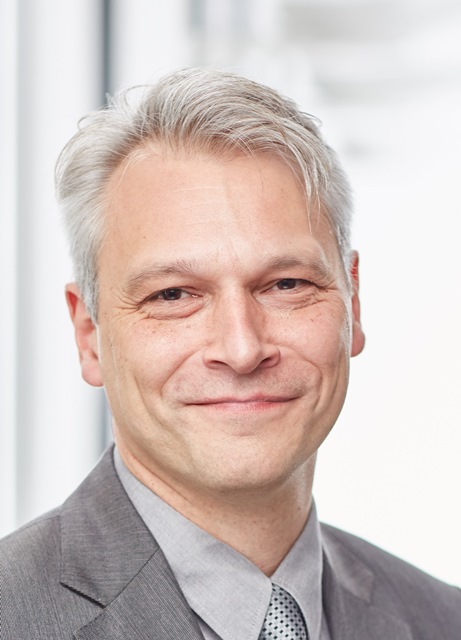Limits to the intensity of work
Every boss expects overtime. However, reducing working hours without considering the increasing intensity of work and the health consequences is not enough, says Axel Haunschild, Director of the Institute for Interdisciplinary Work Science at Leibnitz University in Hanover, in an interview with Management & Quality. The expert will soon be giving a lecture in Switzerland.

"Whenever it comes to dealing with conflicts of objectives and interests, there can be no patent remedies," says Axel Haunschild, a work scientist.
Has our society reached the limit of hours to be worked?
The hours actually worked are unevenly distributed today, ranging from around 35 hours for full-time employees to around 60 hours in sectors where there are no collective agreements and many (then often unpaid) overtime hours are at least implicitly expected (see consultancies, law firms, creative industries).
It is therefore not enough to focus on working hours. A reduction in working hours alone does not counteract states of exhaustion, for example, if the remaining working hours are characterised by rushing, work pressure or limited autonomy of action.
To summarize: The limit of hours to be worked/workload is reached earlier for some workers than for others. Reducing working hours without considering the increasing intensity of work and the accompanying demands does not go far enough.
Profitability versus health. Is there really such a thing as a patent remedy for balance?
Whenever it comes to dealing with conflicts of goals and interests, there can be no patent remedies. Since the emergence of free-market companies (especially capitalist forms of production), the design of work has taken place in the field of tension between rationalisation and humanisation. Today, however, there are also companies that go beyond the legal requirements to promote the health interests of their employees.
Companies that have a serious interest in healthy working conditions should use participatory processes to collect and address the perceptions and experiences of their employees and be prepared to make structural changes to their working conditions. However, this often presupposes that short-term economic interests are put aside and is therefore increasingly difficult to implement in the face of high economic pressure to succeed.
Will we need new working models in the future - in view of the rising burnout rates?
Work models must be based on ergonomic criteria for healthy and motivating work. Such work is manageable for an employee, takes into account individual differences in performance, allows for changes in demands and workloads, is associated with remuneration that is perceived as fair - makes sense, is valued, enables success, and ultimately also recognition and personal development. This requires social support.
What tips do you give to employees who feel they are at the limits of their workload?
Whether workloads also lead to individual stresses, for example exhaustion or even illness, always has individual influences. It is therefore helpful to reflect on one's own relationship to work and to think about one's own expectations, goals and work behaviour. These can be, for example, the boundaries between work and other spheres of life, the ability not to meet the expectations of others, or the ability to recharge one's batteries from time to time. It also makes sense to identify strength-giving resources and strength-sapping activities and structures in one's own life.
But how can fixed work structures in which a busy worker moves be made more individualized?
It is therefore also very important to talk about the individual stress situation together with colleagues. A (guided) examination of ergonomic diagnoses of current developments and problems in the world of work can also help to understand one's own situation not as individual fate or even guilt, but as a collective problem shared with others. This is the first step towards exerting political, certainly entrepreneurial, influence on current working conditions.
Axel Haunschild will speak at the Academia Engelberg Science Dialogue from 12 to 14 October 2016, on the topic "Im Grenzbereich - At the Limit".









